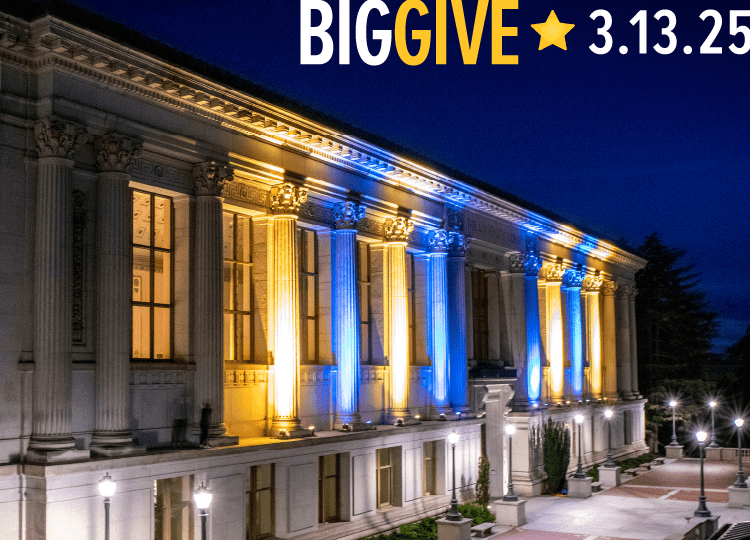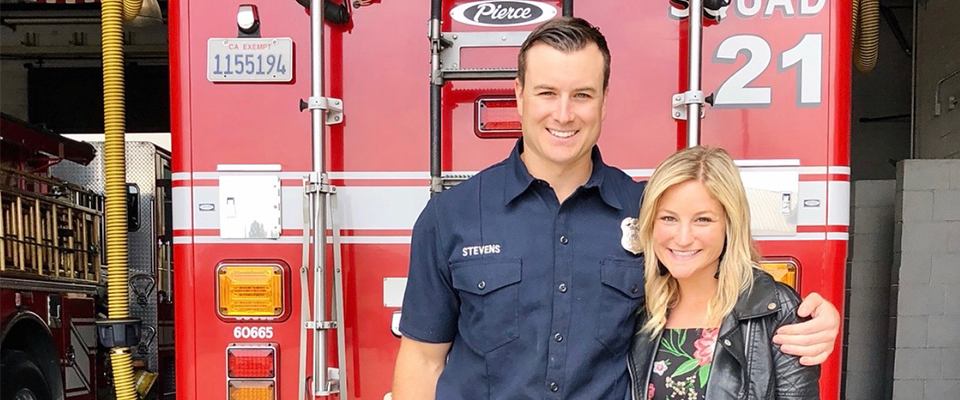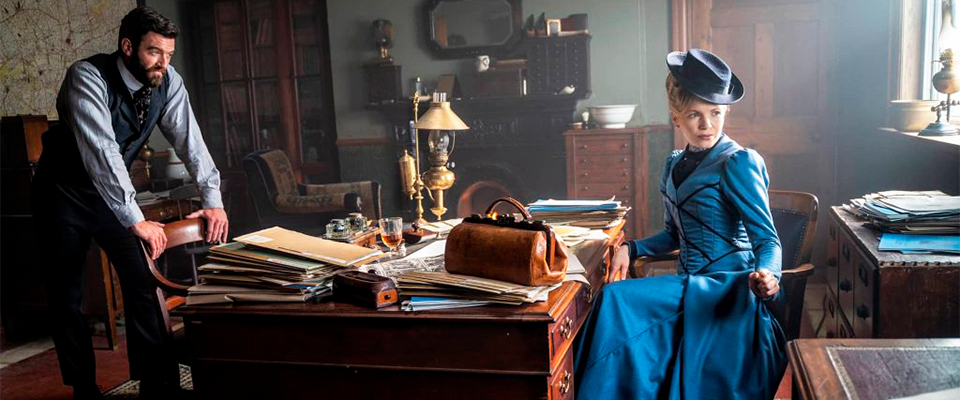Six months after receiving his ALS diagnosis, ex-football star Eric Stevens is in the biggest battle of his life.
The Big Game of 2010 didn’t start off well for Cal fullback Eric Stevens. The Bears lost to Stanford, 48–14.
But on his way back to his apartment he ran into Amanda Glass. They stopped and started talking. And talking. And they discovered they had a lot in common, including sports. She was a defender on the women’s soccer team, and, like Eric, she had a reputation as a tough competitor.
“He invited me to a party that night,” she remembers. “And the rest is history.”
“It was easily the best day of our lives. Everything was perfect. We had everyone we both loved all in one place.”
“He was absolutely head over heels from the beginning,” says Eric’s roommate, quarterback Beau Sweeney. “He talked about her all the time.”
Amanda felt the same way. “Right away, it was his good looks. And then I got to know him a little more, and he is very caring and selfless. He puts everyone else before him.”
They were married on July 27, 2019 in San Luis Obispo. Beau performed the ceremony, having downloaded a certificate of ordination from the Internet the night before, and a huge coterie of Eric’s friends from the football team were there, as were a lot of Amanda’s friends from the soccer team.
“It was easily the best day of our lives,” she says. “Everything was perfect. We had everyone we both loved all in one place.”
Then, exactly one month later to the day, Eric was diagnosed with ALS, also known as Lou Gehrig’s Disease.
Beau was in a meeting with his boss when a text from Amanda arrived with the bad news. “I just lost it. I put my head down and bawled. Then I called my parents, who knew Eric, and my fiancée. Through tears I told her, ‘If there’s anyone I’ve come across in my entire life who was not scared of a fight, it’s that kid.’”
The next day, Vince Tomich, one of Eric’s oldest friends, went to see him. Amanda stepped outside for a few minutes, leaving them alone, and Eric confided to him, “I’m just worried about Amanda.”
“This from somebody who has just gotten diagnosed with the worst thing on the planet,” marvels Vince. “But that’s who he is.”
“On the field he was one of the toughest players I’ve ever coached in my life. He played the game the way the game is supposed to be played.”
Athleticism runs in the Stevens family. His oldest brother Craig played tight end for Cal, followed by eight years in the NFL with the Tennessee Titans, and his cousin Andrew was a standout pole vaulter at Cal. (They’re both four or five inches taller than Eric, who is “only” six feet tall.)
“But Eric was definitely no runt,” says his brother Brett. “You don’t hear this often, but I always looked up to my younger brother.”
At Cal, Eric made the football team as a walk-on. His running backs coach Ron Gould remembers, “On the field he was one of the toughest players I’ve ever coached in my life. He played the game the way the game is supposed to be played, with violence and physicality. But off the field he was fun loving and very caring, with a soft side that most people playing a violent sport like football don’t have.”
His teammates elected him team captain in his senior year, and the coaches awarded him the football squad’s highest honor, the Joe Roth Award, named for the beloved late quarterback and given to the player who best demonstrates courage, attitude, and sportsmanship.
Even players on opposing teams liked him. “He’s a humble guy, not arrogant like better players typically are,” says Cameron Sentence who played tight end for UC Davis. “He always led by example.”
After Cal he played briefly in the NFL with the Rams, then he embarked on the career of his dreams: firefighting.
“He’s the guy that everybody would love to have,” says Capt. John Jacobsen, his commander in South Central L.A. “He’s young, strong, smart, and very much a team player, which is hugely important in our job. And he did that job better than anyone. He was always the first guy to extend his hand to rookies to assist them in preparation for their proficiency exercises, quick to share his knowledge and experience. Now he’s on modified duty, but we miss him dearly every day. It was an honor to be his captain.”
Now he’s in the toughest fight of his life. ALS is a cruel disease that affects about 30,000 people in this country. “The numbers stay low because every time someone gets diagnosed, someone else dies,” says Craig.
“It’s not evil pharmaceutical people making these decisions,” says Dr. Veronica Miller. “It really is about the end result.”
The good news is that there’s a new drug on the horizon called NurOwn that uses stem cells to treat ALS. It’s still in the testing stage, but preliminary results have been encouraging. And under an FDA program called Compassionate Use, which was created in 1987 during the AIDS crisis, people who are terminally ill can get fast-tracked to the head of the line to receive an experimental drug while it’s still in development.
But only one pharmaceutical firm is currently making and testing NurOwn, a small company named Brainstorm, and so far it has only tapped one patient for Compassionate Use.
That’s no surprise to Dr. Veronica Miller, who teaches a course on the FDA and drug development at the UC Berkeley School of Public Health.
“It’s not evil pharmaceutical people making these decisions,” she says. “It really is about the end result. For the company, there’s quite a bit of work to prepare the material; there’s a lot of paperwork involved. So they have to stop working on their drug development program and suddenly start preparing individual patient packages for compassionate use. When you’re a small company, that can be a huge burden. And if your mission is to produce a drug that be approved and be on the market, then everyone can have the drug. But if the company is being asked to focus primarily on providing the drug for Compassionate Use, they will never be able to develop the drug and bring it to market. And that is a real ethical issue.”
But Eric and Amanda aren’t taking no for an answer. As of this writing, the Facebook group, Team Stevens Nation, has more than 11,500 members. “We knew we were going to have to get a lot of people involved in this fight, so we put ‘team’ in front because anyone can be a part of this team and help us fight. Once this went out, friends and friends of friends and friends of friends found out, and it spread like wildfire. Soccer star Alex Morgan posted about Eric, as did Cal grads and NFL players Jared Goff, Keenan Allen, and Marvin Jones.
“And, of course, the firefighters were the ones spreading it most, at fire stations around the world,” Amanda says. “They’re all there on Facebook holding banners that say #AxeALS.”
Soccer teams have gotten into the act, too, as have canine rescue groups, in honor of Eric and Amanda’s beloved chocolate Labrador retriever, Duke. Eric’s brothers started a GoFundMe page, a website, and an Instagram account. And last month in November, Eric and Amanda appeared on The Ellen DeGeneres Show to tell their story.
“I never thought it would get this big,” says Eric. “The support has been super overwhelming from everyone in the community and all across the world. But this is a lot larger than me. As ALS patients we don’t have the time to wait because we’re dying. People are dying every day.”
From the Winter 2019 issue of California.





















